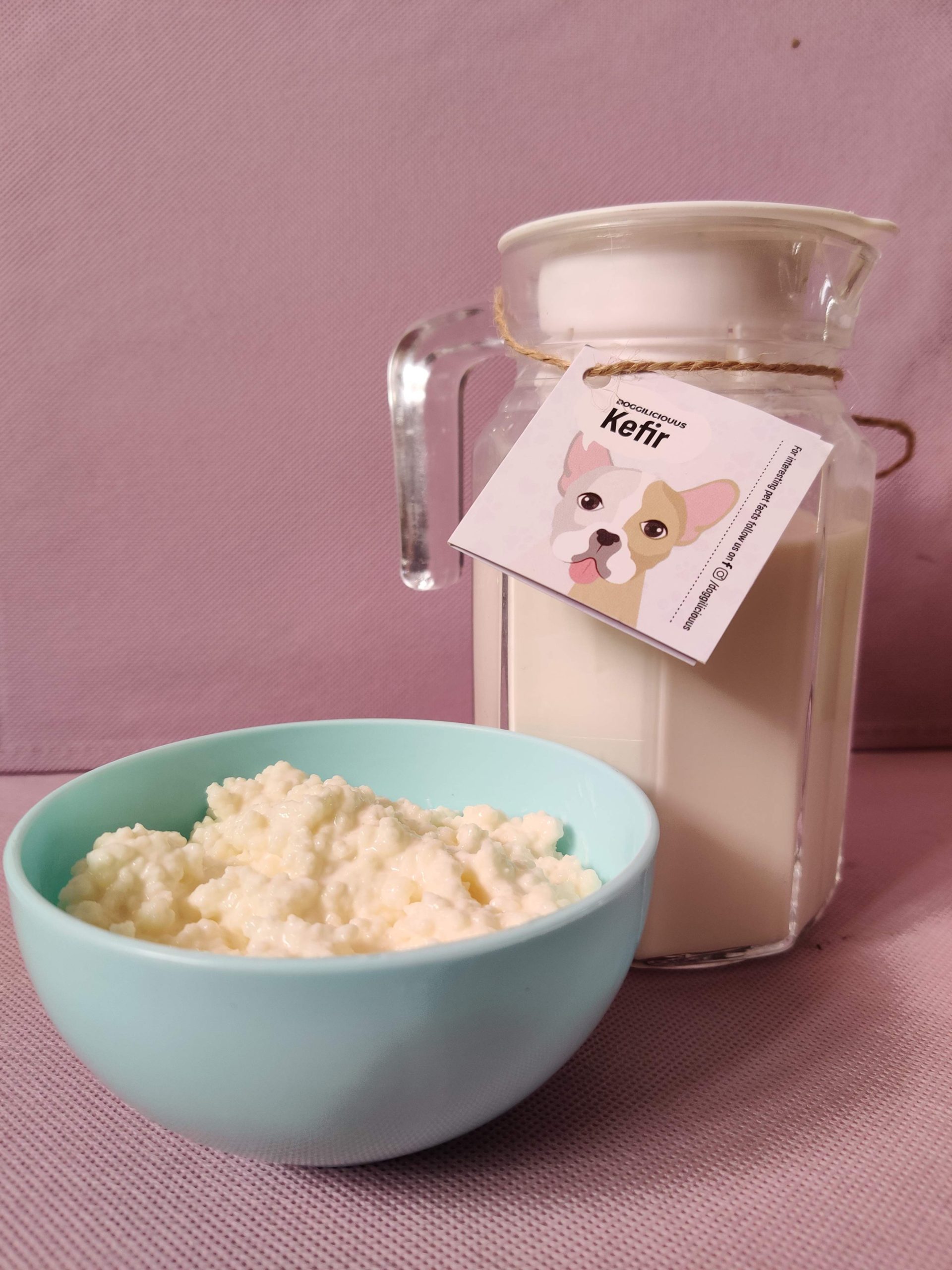Adopting a dog to your family brings joy and love, filling the home with activity and laughter. And most dogs love eating and are always on the lookout for food.
This also includes scavenging, which is a natural behavioural trait in dogs and this also includes rummaging through dustbins or swiping off food from the kitchen and even dining tables.
This particular trait of theirs can lead to trouble at times, trouble in the form of upset stomachs or diarrhoea, which, when left unchecked, can result in a more severe state of their health.
Upset stomach is a disorder that we humans also face from time to time due to bad eating habits, overeating or even by eating contaminated foods that may cause gut microbiome disbalance.
Like humans, dogs too have a myriad of remedies available for them, but all are not necessarily safe for our dog babies. Doctors can administer antibiotics, antacids, anti-nausea medication among others.
This leads to more of the good bacteria within the gut dying from the anti-biotics, making the problem worsen in the long run! Therefore, a more holistic approach for their health is always a safer and healthier option when it comes to dogs.

Here is how the gut microbiome works and helps build immunity when nurtured over the long run.
An upset tummy is a sign of the gut fauna being out of balance. The bad bacteria, so to speak, have over powdered the good bacteria and are causing bad digestion/mal absorption of nutrients.
When the doctor prescribes antibiotics to kill the “bad bacteria” the same antibiotics also kill the good bacteria. So although the loose motions might stop within 3-4 doses of medication, nutrient absorption is not back to excellent form for up to 4 weeks.
This is because when we wipe out entire colonies of our gut microbiome, t can take up to 4 to 6 weeks for those colonies to build up again. And this is done with prebiotics (food matter for the microbiome) and pro-biotics the gut bacteria beneficial for our dogs.

Why is this important? 90% of our immunity lies in the gut they say! what does this mean exactly? The gut microbiome is our immune system. they are our first line of defence. they help in breaking down the food we feed and then help it get absorbed into the blood for the body to use.
Without them, anything we eat is useless to our bodies. So having them in large healthy colonies in the gut and keeping them happy and flourishing is the best thing we can do for our dog’s health and wellness.
Amongst the options for natural remedies, Kefir is considered one of the safest and most effective remedies for dogs with upset stomachs. Because instead of killing the bad bacteria, kefir will focus on increasing the colonies of good bacteria that can then fight the bad bacteria and get rid of the infection. Kefir is made by fermenting milk with kefir grains, that are made of bacterial micro-colony of Lactobacillus kefiranofaciens, Saccharomyces turicensis and other microorganisms. Kefir was first produced in Russia’s Northern Caucasus.
We present to you five reasons why Kefir is suitable for your dog’s upset stomach and should be your FIRST remedy instead of medications.
- Probiotics: Kefir contains probiotics that are good for the stomach. It helps soothe an upset stomach. Kefir contains yeast, milk, proteins, lipids, and kefir grains.
- Fermentation: Fermented Kefir helps the dogs with digestion as fermentation helps break down the food making it easier for the dogs to digest their food and keep it down.

3. Biotin: Kefir contains biotin, a B vitamin that is great for the dog’s skin and energises them. When dogs feel unwell, they are bound to feel listless, leading to losing interest in any activity or having their food. Remaining without food will add to their ill-health, making the body more susceptible to catching other diseases.
Kefir infuses them with energy while soothing their stomachs and helping them digest with ease. Vitamin B in Kefir will add shine to their coats while making their skin supple and stronger against skin problems. Kefir is also rich in natural proteins, calcium and vitamin K.

4. Intestinal flora: The probiotic Kefir with beneficial bacteria will boost dogs’ intestinal flora. As per research, healthy intestinal flora improves immunity along with improving digestion.
5. Natural Kefir: Choose natural Kefir over commercial packed Kefir with preservatives. Fresh is always better. The commercial variety can have side effects of generating excessive gas formation and diarrhoea. Try Kefir in coconut milk/goat milk/almond milk. Cow’s milk is low in lactose, and during fermentation, carbon dioxide is produced to break down the lactose content into lactic acid.

Kefir is similar to thin yoghurt, commonly referred to as buttermilk, with one significant difference being that it is high with lactose while Kefir is not, thus safest for dogs. Kefir is also fed in smaller quantities as it is strong. Almost 30 million x more bacteria in kefir than n curd or probiotic yoghurt.
How to cure upset stomach for dogs
Kefir should be given in ratio with your dog’s weight and age. Begin with a small quantity of ¼ or ½ teaspoon. If your dog tolerates this amount, increase it to 1-2 tsp per day for approximately 7+ kg to 14+ kg dogs and 2-3 tsp per day for approximately 21 kg to 29 kg dogs. These amounts can be fed daily as part of their regular diet and not only for the unwell. You can also feed them Kefir to encourage healthy bacteria when your dog is on antibiotics for any reason. Some antibiotics are not to be fed with dairy products, so you can opt to have water-based kefir during such occasions. Some dogs are dairy intolerant, and these dogs too, should opt for water-based kefir, usually made from coconut water or honey water,
Kefir for dogs is a superfood, as per canine nutrition experts, not just when they are suffering from an upset stomach but also in the ordinary course of life. As long as you do not overdo and overfeed Kefir, giving them the correct dosage every day will be beneficial for their stomachs and general health.
You can also try the probiotic powders available in the market, but they are costly and contain preservatives. At the same time, Kefir can be easily prepared at home or sourced from a reliable source, making naturally fresh Kefir.

